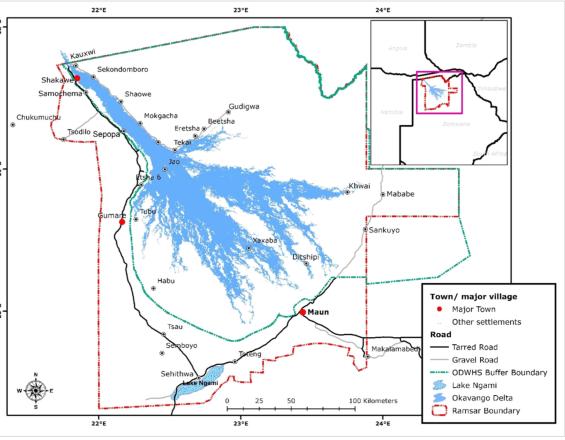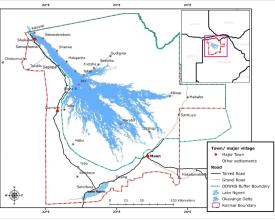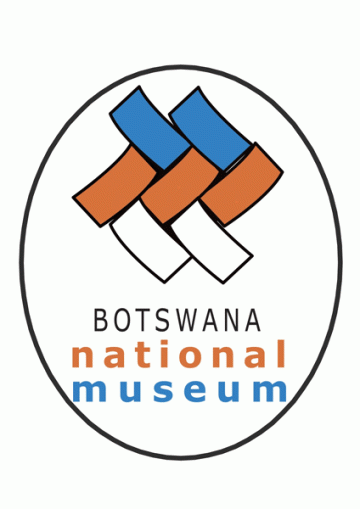
Okavango Delta World Heritage Site Research and Practice Team Lab

Okavango Delta World Heritage Site Research-Practice Team Lab is a collaborative multidisciplinary team founded in 2021 in the ICCROM-IUCN World Heritage Leadership Heritage Place Lab framework to bridge the gap between stakeholders that care for the site. In this process, the UNESCO Chair on African Heritage Studies and Sustainable Development of the University of Botswana and the Botswana National Museum Art and Gallery have partnered to develop a shared platform where researchers and site managers can co-produce collaborative research which informs the development of management policies. Our aim is to contribute to the protection and understanding of the Outstanding Universal Value of the Okavango Delta World Heritage Site through an ongoing research agenda that addresses the following areas:
1. Stakeholder synergy and participation
2. Climate change
3. Local cultural values
Impacts
The Okavango Delta plays a major role in nurturing human cultural diversity and related knowledge systems, as well as in conserving unique biological diversity and inland waterway ecosystem. As a part of the management of this large natural site, the Okavango Delta World Heritage Site Research-Practice Team has identified research priorities and management solutions:
● The socio-cultural values of the site are recognized and need to be documented. The Indigenous and local practices of diverse ethnic groups of people need to be appreciated and documented as they are intertwined with nature in the Okavango Delta;
● People and wildlife coexist and co-existence needs to be further explored for sustainability. Eco-pedagogy needs to be infused into the daily lives of people as they reside in the wildlife area of the Okavango Delta;
● Climate adaptation strategies are in place and could be locally based. Rural livelihoods and households adaptation strategies from shocks (e.g. recurrent droughts, intermittent rainfalls, crop damage, floods) are continuously being strengthened by local communities.
● Indigenous and scientific knowledge are being integrated and the co-production of management knowledge and management practices needs further exploration.

